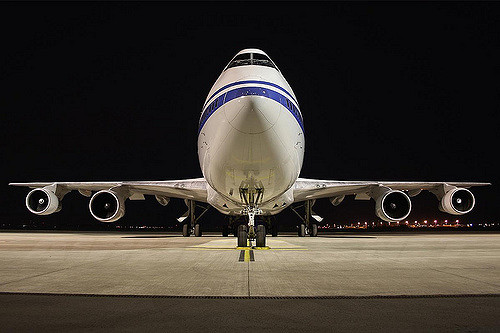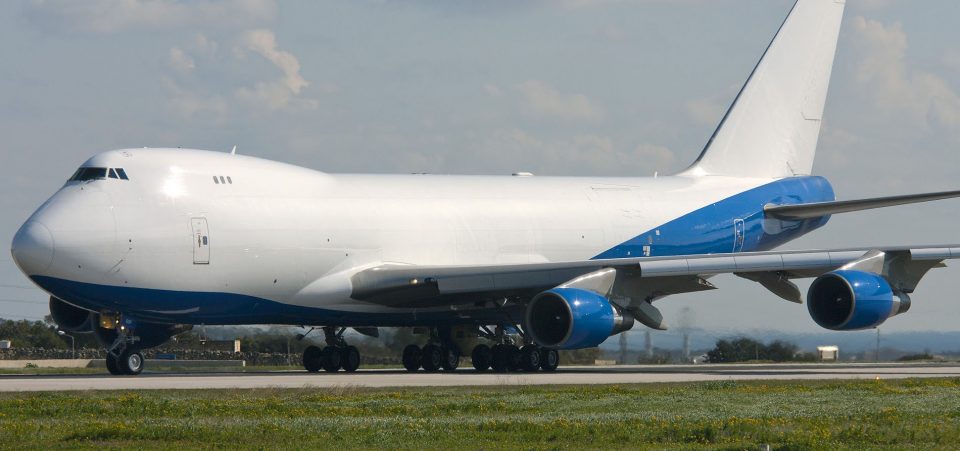Trump’s Foreign Policy Could Shut Boeing Co Out of China’s $1-Trillion Airliner Market
Donald Trump, in the middle of handling his latest exploit with China over Taiwan, was unable to resist the call of Twitter on Tuesday. This time, Trump directed his tweets against Boeing Co (NYSE:BA). He said that costs for Boeing’s new 747 “Air Force One” have run out of control. Boeing stock dropped on Tuesday.
Boeing stock recovered slightly, trading within a range of $150.02 to $152.64. But the important thing to note here is that Boeing stock did move on what Trump said or did, however insignificant. Trump’s ever-building penchant for rants and tweets certainly has the potential to affect Boeing over the next few years.
Trump complained that the new Air Force One project is costing over $4.0 billion. “Delete the order!” did shout Trump through his megaphone of choice: “Twitter.” The damning tweet, whether or not the Air Force One project costs are true, suggests that Boeing faces risks from the Trump administration.
The White House has disputed the figures, but did not provide details. Some of the numbers that Trump cited do not match the financial agreement between Boeing and the United States Department of Defense; the actual Air Force One buyer. (Source: “Boeing’s stock dismisses Trump’s threat after company, White House respond,” MarketWatch, December 7, 2016.)
Boeing also responded, stating that, at the moment, the company only has a contract worth $170.0 million. The contract, at present, is for determining the capabilities of the new presidential aircraft. The government has been negotiating with Boeing to build two or more Air Force One planes. They should enter service around 2024. The costs budgeted for the fiscal years 2015 to 2021 are $2.87 billion.
But, beyond the figures, Trump appears to have picked a target: Boeing. How far will this feud reach? Boeing is a major military and space exploration contractor. The U.S. Air Force—and other air forces around the world—deal with Boeing. So President Trump would have less impact on contracts.
Trump Still Poses Major Threats to Boeing
The threats don’t stem from the military programs. They come from sales of commercial aircraft. Boeing has several billion dollars’ worth of planes on order from Chinese airlines. It also has a $27.0-billion order from Iran, and potentially many more, given the current state of that country’s commercial aviation sector.
Trump has not taken office yet, but he has already raised concerns in Beijing and Tehran. These two capitals are essential to Boeing. If an initial $27.0 billion order seems like a pittance, how does $1.025 trillion sound? That’s the dollar amount of the planes that Boeing thinks Chinese airlines could order over the next 20 years.
Given recent purchase patterns, China could split the order equally between Airbus and Boeing, but the Chicago-headquartered Boeing has a leading position in China. (Source: “Boeing Forecasts Demand in China for 6,810 Airplanes, Valued at $1 Trillion,” Boeing Co, September 13, 2016.)

Credits: Flickr.com/FlyVzla
President-elect Trump’s controversial phone call between Trump and Taiwan’s President Tsai Ing-wen offers a hint of the risks. The call alone prompted official protests from Beijing. The call also happened to violate the official U.S. “One China” policy, established in 1979.
The call to Taiwan and the repeated threats to revise or repeal the Iran nuclear deal are just two examples of how Trump’s foreign policy could translate to direct economic losses for American companies.
Then there is the tariff war that Trump has launched against U.S. companies that relocate. The elected president will still have to contend with Congress to pass many of his projects. But, especially when it comes to China, there could swift consequences.
Just about every Boeing airplane has an Airbus counterpart in size, range, or performance. In other words, China has a choice. Boeing orders could easily be switched to Airbus. Similar considerations can be made for Iran.






